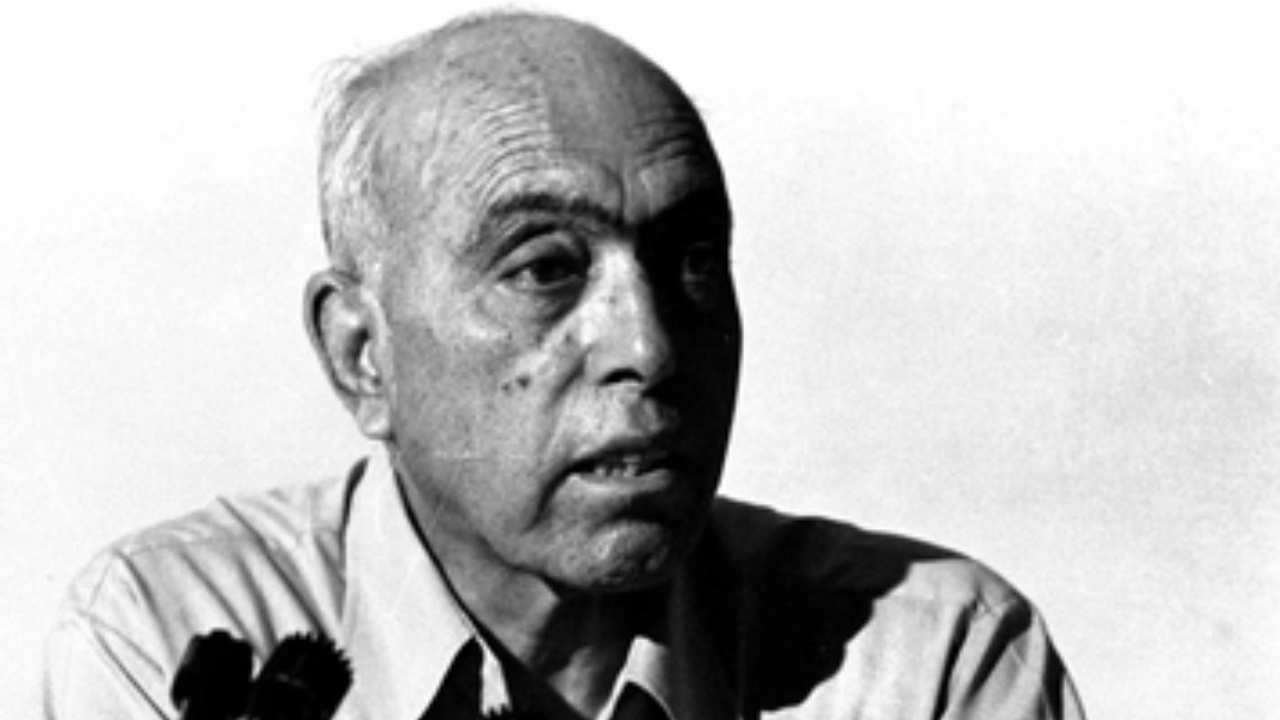Jammu and Kashmir's Political Holidays: A Heated Debate
The recent decision by the Lieutenant Governor of Jammu and Kashmir to exclude holidays commemorating the 1931 martyrs and the birth anniversary of Sheikh Mohammad Abdullah has sparked a firestorm of controversy. This shocking move has ignited a passionate debate about the region's history, political identity, and the significance of these important dates. Will these holidays be restored? Read on to uncover the story and its ramifications!
The 1931 Martyrs and Sheikh Abdullah: Symbols of Kashmiri Identity
The omission of July 13th, commemorating the 23 martyrs of the 1931 uprising, and December 5th, marking the birth anniversary of Sheikh Mohammad Abdullah, the founder of the National Conference, represents more than just the cancellation of public holidays. These dates serve as powerful reminders of Kashmiri resistance against oppression, embodying the spirit of defiance and struggle against the Dogra Maharaja's rule.
The 1931 Uprising: A Pivotal Moment
The 1931 uprising marked a pivotal moment in Kashmiri history, representing the awakening of a national consciousness. The 23 martyrs, shot for their relentless activism, remain powerful symbols of courage and sacrifice. Their legacy serves as a poignant testament to Kashmiri people's collective pursuit for self-determination.
Sheikh Abdullah: A Founding Father
Sheikh Mohammad Abdullah's legacy as a prominent political figure in Kashmir is irrefutable. His fight for Kashmir's autonomy and his contribution to the state's political development left an undeniable mark, and his removal from the holiday calendar is perceived by many as an erasure of historical importance.
Political Fallout and Public Reaction
The National Conference, a significant political party in Jammu and Kashmir, has strongly denounced the Lieutenant Governor's decision, voicing concerns over the apparent disregard for Kashmir's rich history and democratic struggle. Tanvir Sadiq, the NC chief spokesman, decried this move as reflective of the BJP’s disrespect for Kashmir’s heritage.
Public Sentiment and Future Implications
This controversy runs deeper than mere public holidays. It touches upon the collective memory of the Kashmiri people and the ongoing political tensions in the region. The implications of the removal of these holidays could ignite a surge in political activism among residents of Jammu and Kashmir.
The Long Shadow of Article 370
The removal of Article 370 in 2019, along with the subsequent adjustments in the administration and holidays in the region, continues to shape this dynamic political climate. The decision to omit these significant holidays follows this chain of events, sparking questions about how to commemorate pivotal historical events in a changing governance landscape.
Navigating the Shifting Political Dynamics
This complex political scenario presents a formidable challenge in attempting to navigate between historical significance and shifting administrative priorities in the region. Reconciling these competing concerns would take an immensely careful consideration of both heritage and practicality.
The Path Forward: Restoring History and National Identity
While the National Conference remains resolute in its commitment to the restoration of these holidays, the question lingers – when and how will it happen? The continued presence of this controversy is a powerful indicator of unresolved political and emotional sentiments within the populace of Jammu and Kashmir.
Reimagining Commemoration and Unity
Ultimately, the restoration of these holidays stands as an important aspect of respecting Kashmir's heritage and preserving national identity. While these are controversial times, it could pave a road for unity and mutual understanding.
Take Away Points:
- The removal of holidays commemorating the 1931 martyrs and Sheikh Abdullah has sparked widespread condemnation and raised concerns about the erasure of Kashmir's history.
- The decision highlights ongoing political sensitivities and tensions in the region.
- The future of these holidays remains uncertain, creating an intriguing and ongoing debate over historical significance and governmental decision-making.
- The controversy calls for open dialogue, understanding, and an emphasis on safeguarding the rich history and cultural legacy of Kashmir.




